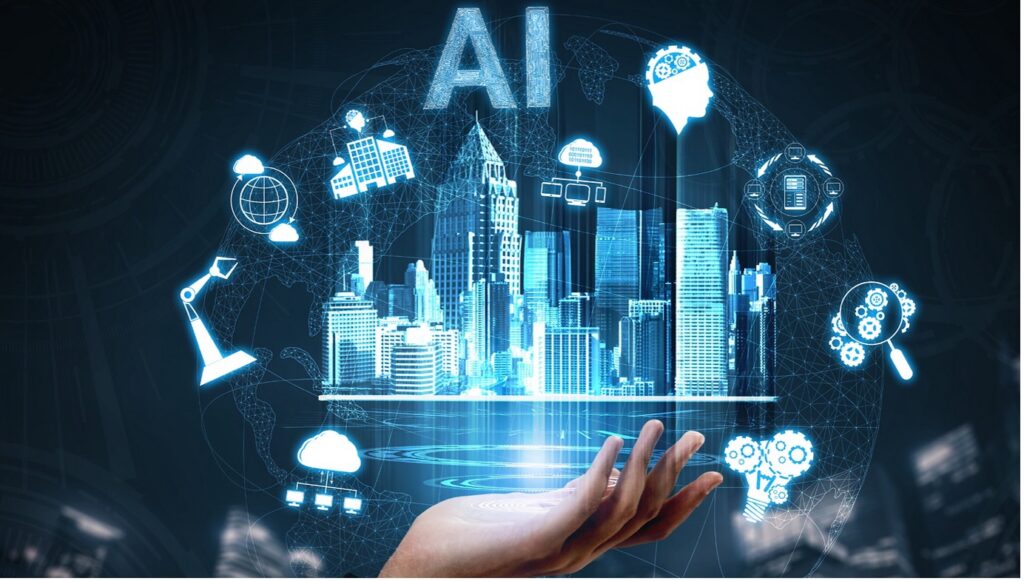As artificial intelligence (AI) continues to make significant strides in various industries, its potential impact on higher education is becoming increasingly evident. From personalised learning experiences to streamlining administrative processes, AI is poised to revolutionise the way higher education institutions function and deliver value to students.

In this article, we explore the key areas where AI is set to transform the future of higher education.
1. Personalised Learning Experiences
One of the most promising applications of AI in higher education is the development of personalised learning experiences. By leveraging AI algorithms and machine learning, institutions can create adaptive learning platforms that cater to each student’s unique needs, learning styles, and pace. These platforms can analyse student performance data to identify knowledge gaps, recommend tailored learning resources, and provide real-time feedback, ultimately leading to improved learning outcomes and student success.
2. Intelligent Tutoring Systems
AI-driven tutoring systems have the potential to revolutionise the way students receive academic support. By using natural language processing (NLP) and machine learning algorithms, these systems can understand and respond to students’ questions, offering personalised guidance and feedback. As these systems continue to evolve, they may become powerful tools for supplementing traditional classroom instruction and addressing the diverse learning needs of students.
3. Enhanced Student Engagement
AI-powered chatbots and virtual assistants are becoming increasingly popular in higher education institutions as a means of enhancing student engagement and providing support. These AI tools can assist students with various tasks, such as course selection, enrolment, and accessing learning resources, while also offering personalised academic and career guidance. By streamlining communication and providing instant support, AI-powered tools can significantly improve the overall student experience.
4. Efficient Administration and Resource Management
AI-driven solutions can also be applied to streamline administrative processes in higher education institutions. From automating repetitive tasks, such as admissions and scheduling, to optimising resource allocation, AI has the potential to increase operational efficiency, reduce costs, and enable institutions to focus on their core mission – teaching and research.
5. Data-Driven Decision Making
Higher education institutions generate vast amounts of data, from student performance metrics to research outputs. AI-powered analytics tools can help institutions make sense of this data, providing valuable insights to inform decision-making and strategic planning. By leveraging AI-driven analytics, institutions can identify trends, predict future outcomes, and make data-driven decisions to enhance their overall performance.
6. Research and Innovation
AI is already playing a significant role in advancing research across various disciplines, from medicine and engineering to social sciences and humanities. By automating complex data analysis and offering innovative research methodologies, AI can help researchers uncover new insights, accelerate breakthroughs, and drive innovation in higher education.
In conclusion, the future of artificial intelligence in higher education promises to bring about transformative changes that can enhance teaching, learning, and administration. By embracing AI innovations, institutions can create personalised learning experiences, improve student engagement, streamline operations, and foster research and innovation. As we move forward, it is essential for higher education institutions to strategically invest in AI and leverage its full potential to shape the future of education and ensure their long-term success.
